Share
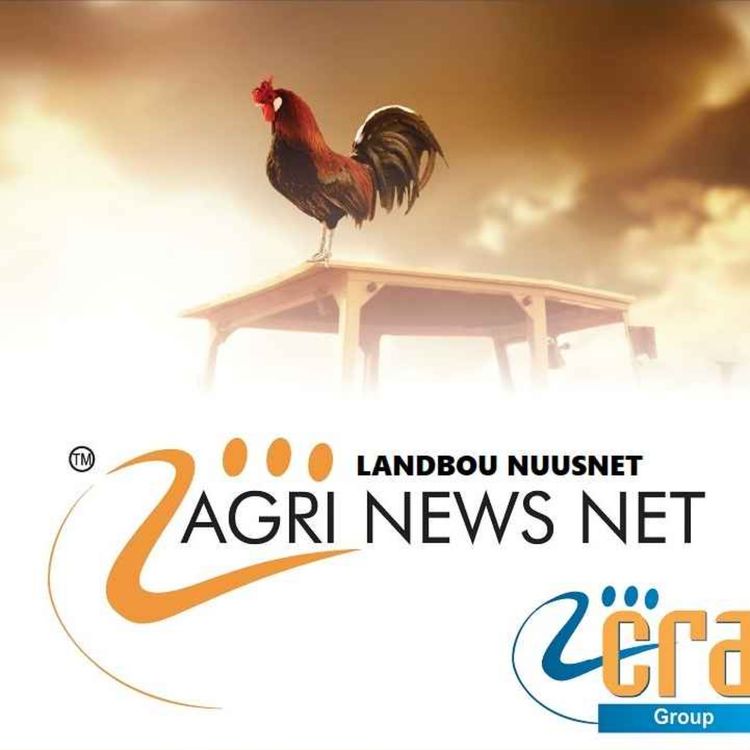
AGRI NEWS NET
Droogte in Kenhardt in die Noord Kaap - Suid Afrika
•
Die Kenhardt Boerevereniging het kuilvoer aangekoop om onder die boere te versprei, en ons is diep dankbaar vir die publiek se ondersteuning. Elke hart wat bloei vir die boer, sy vee word opreg waardeer.
Terwyl ons saam met die boere hoop en bid vir reën, weet ons dat sommige dalk nie hierdie krisis sal oorleef nie. Maar met gemeenskapsamewerking en die land se steun, is daar steeds 'n vonkie hoop in Kenhardt.
Mense wat skunking wil maak met voer of vervoer van voer of geld skenk om aankope te doen is welkom: BRING HOOP , Standard Bank, Tjek rekening, Rek No: 10209381971 Tak kode: 051001 verwysing Hoop/jou naam kontak persoon is : Chris van Biljon 082 961 6620
More episodes
View all episodes
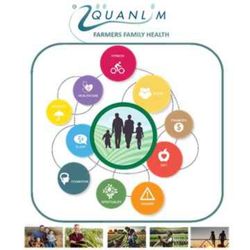
Ferritin reflects stored iron in your body
02:51|Ferritin reflects stored iron, while transferrin saturation reflects how much iron is circulating and metabolically active. These two values must always be interpreted together.
South Africa’s Crumbling Infrastructure: A Growing Threat to Food Security
04:45|South Africa, a powerhouse of African agriculture with $13.7 billion in exports in 2024, faces a mounting crisis as its infrastructure deteriorates, threatening food security for millions. Decades of mismanagement, corruption, and underinvestment have left roads, rail, ports, electricity, and water systems in disarray, directly impacting the agricultural supply chain. From rolling blackouts to collapsing rail networks and water shortages, these failures are driving up food production costs, disrupting exports, and exacerbating hunger, particularly in vulnerable communities.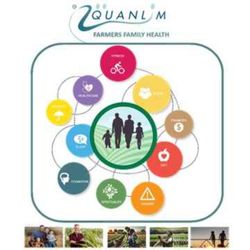

African Penguin on Brink of Extinction by 2035 Without Urgent Action
02:25|The African Penguin, a symbol of South Africa, faces extinction in the wild by 2035 unless immediate steps are taken. In late 2024, the species was declared critically endangered by the International Union for Conservation of Nature, marking it as the first among 18 penguin species to reach this status.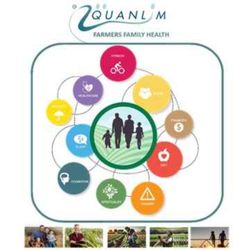
We live in 2026, and it is time to take control of your health and your life.
02:51|Real health begins with awareness and responsibility. Understand why your body is responding the way it is. Reduce stress at its source. Stop masking symptoms.
Is Brexit Really the Alternative to AGOA?
07:30|As the African Growth and Opportunity Act (AGOA) nears its expiration in September 2025, African nations face uncertainty about their trade relationship with the United States. Enacted in 2000, AGOA has provided duty-free access to the U.S. market for over 1,800 products from eligible sub-Saharan African countries, fostering economic growth, job creation, and export diversification—particularly in textiles and apparel.
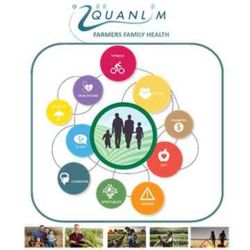
Your Circulatory System: The Hidden Key to Lifelong Health
04:01|One of the most important systems in your body is the circulatory system, yet most people only become aware of it once symptoms appear. The circulatory, or cardiovascular, system is a complex network consisting of the heart, blood vessels—including arteries, veins, and capillaries—and the blood itself. cra@cramedia.co.za
South African extra virgin olive oil production
03:43|South African extra virgin olive oil (EVOO) production achieved remarkable success in 2025, particularly through outstanding quality recognition on both national and international stages, despite the country's relatively modest output of around 1.6 million liters annually compared to global giants.